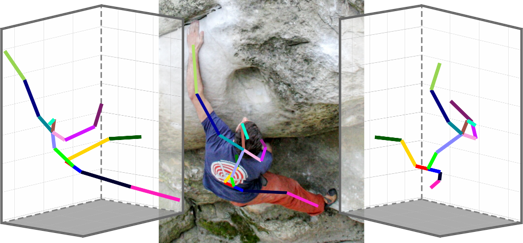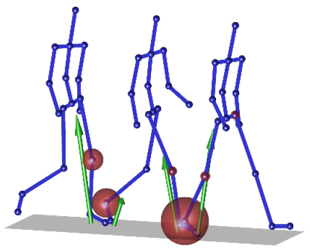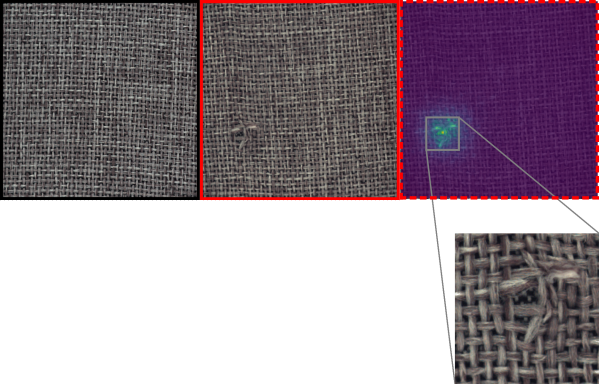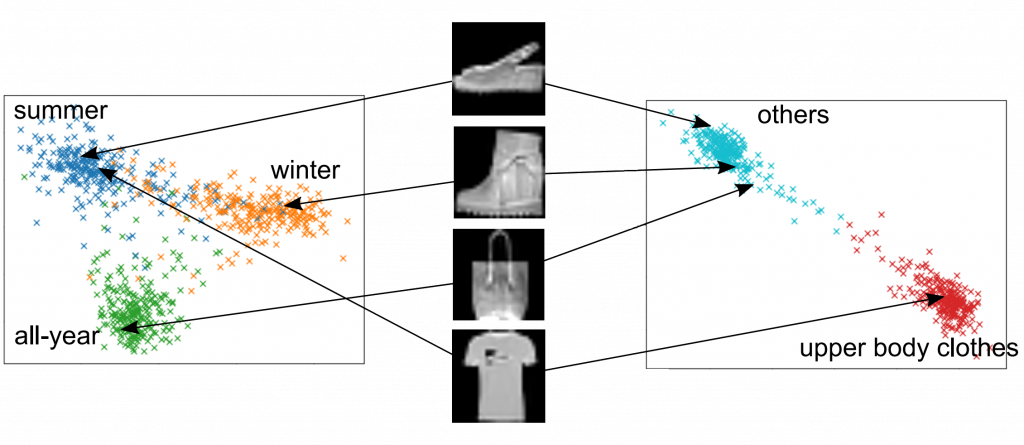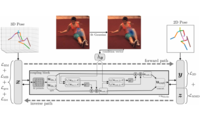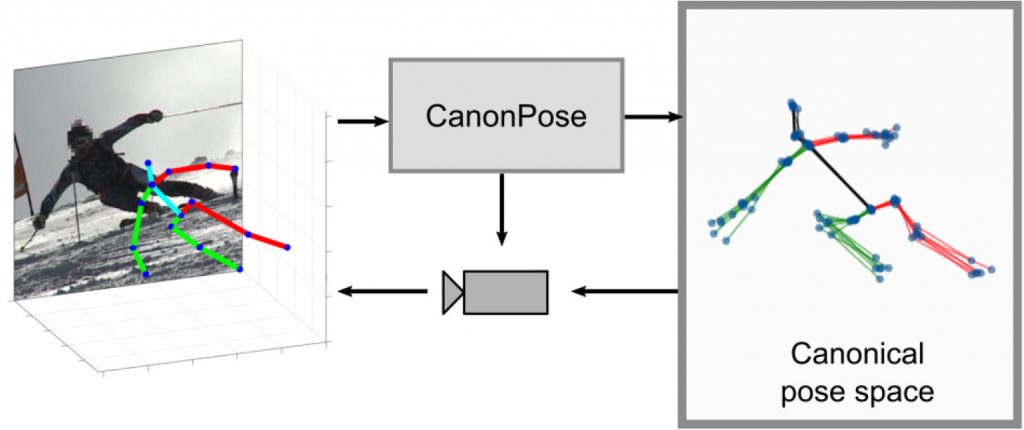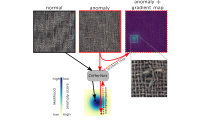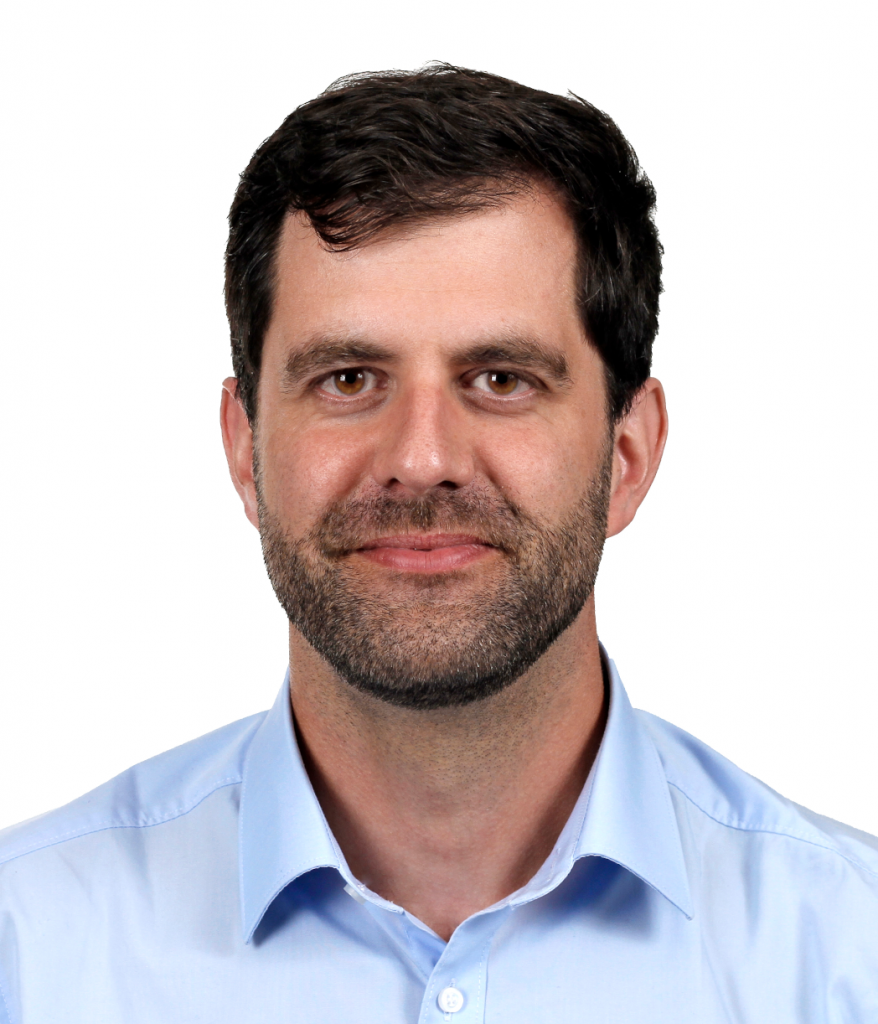
I am an Assistant Professor at the Linköping University in the Computer Vision Lab (CVL) heading the 3D Motion Group.
My main research interests are human motion capture and 3D reconstruction. A special focus lies on the application of machine learning techniques such as deep learning, dimensionality reduction and compressed sensing. My current research analyses weakly supervised training of deep neural networks for human pose reconstruction and physics-integration into neural networks.
From 2021 to 2022 I was a PostDoc at the University of British Columbia in the group of Helge Rhodin. From 2015 to 2020 I was working as a PhD student at the Leibniz University of Hannover.
News
- January, 2025. Our Locality Sensitive Avatars are accepted to ICLR!
- November, 2024. Our uncertainty-based human pose estimator HUMR is accepted to WACV 2025!
- September, 2024. Two papers accepted to NeurIPS, one of them as a spotlight!
- February, 2024. My first ever submission to ICLR got accepted: Pose Modulated Human Avatars! Great work from Chunjin!
- November, 2023. Anomaly detection can not only be applied to images but also to temporal data from robots as shown in our new Transactions on Robotics paper: The voraus-AD Dataset for Anomaly Detection in Robot Applications.
- Oktober, 2023. New paper at 3DV! Check out Mirror-aware Neural Humans, a motion capture approach based on mirrors instead of multiple cameras.
- September, 2023. Our new scene flow estimator GMSF is accepted to NeurIPS!
- Juli, 2023. DiffPose is accepted to ICCV as oral presentation!
Research
The 3D Motion Unit at Linköping University
Publications
Check Google Scholar for a complete list.
2025
2024

Temporally-consistent 3D Reconstruction of Seabirds
Johannes Hägerlind, Jonas-Hentati Sundberg, Bastian Wandt
CVPR Workshop 2024
[pdf]

Hinge-Wasserstein: Mitigating Overconfidence in Regression by Classification
Ziliang Xiong, Abdelrahman Eldesokey, Joakim Johnander, Bastian Wandt, Per-Erik Forssen
CVPR Workshop 2024
[pdf]

CasCalib: Cascaded Calibration for Motion Capture from Sparse Unsynchronized Cameras
James Tang, Shashwat Suri, Daniel Ajisafe, Bastian Wandt, Helge Rhodin
FG 2024
[pdf]
Pose Modulated Avatars from Videos
Chunjin Song, Bastian Wandt, Helge Rhodin
ICLR 2024
[pdf]
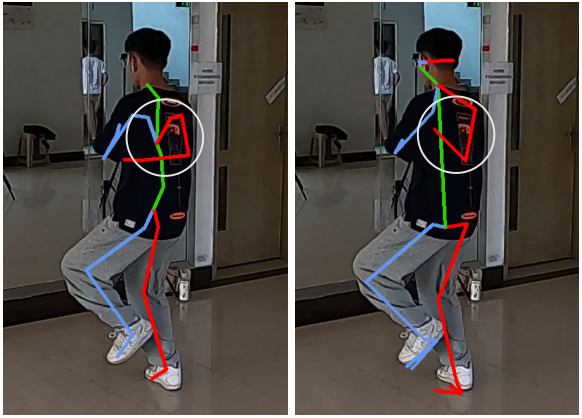
Mirror-aware Neural Humans
Daniel Ajisafe, James Tang, Shih-Yang Su, Bastian Wandt, Helge Rhodin
3DV 2024
[pdf]
2023
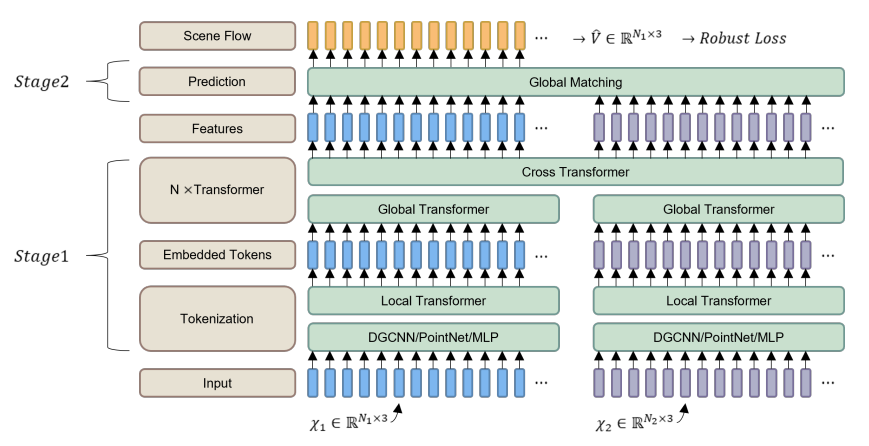
GMSF: Global Matching Scene Flow
Yushan Zhang, Johan Edstedt, Bastian Wandt, Per-Erik Forssén, Maria Magnusson, Michael Felsberg
NeurIPS 2023
[pdf]

The voraus-AD Dataset for Anomaly Detection in Robot Applications
Jan-Thieß Brockmann, Marco Rudolph, Bodo Rosenhahn, Bastian Wandt
Transactions on Robotics 2023
[pdf]
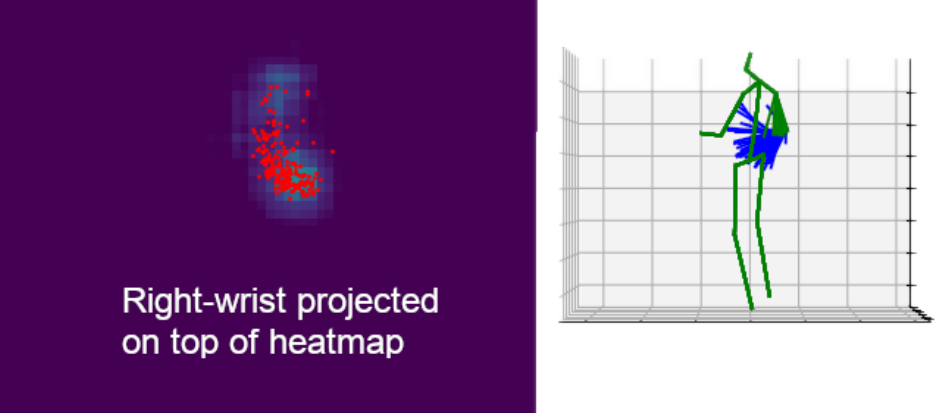
DiffPose: Multi-hypothesis Human Pose Estimation using Diffusion models *Oral*
Karl Holmquist, Bastian Wandt
ICCV 2023
[pdf]

Deep learning-based 2D keypoint detection in alpine ski racing – A performance analysis of state-of-the-art algorithms applied to regular skiing and injury situations
Michael Zwölfer, Dieter Heinrich, Kurt Schindelwig, Bastian Wandt, Helge Rhodin, Jörg Spörri, Werner Nachbauer
JSAMS 2023
[pdf]
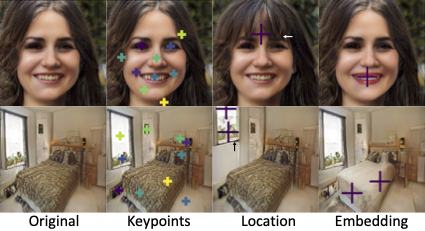
LatentKeypointGAN: Controlling GANs via Latent Keypoints *Best paper*
Xingzhe He, Bastian Wandt, Helge Rhodin
CRV 2023
[pdf]
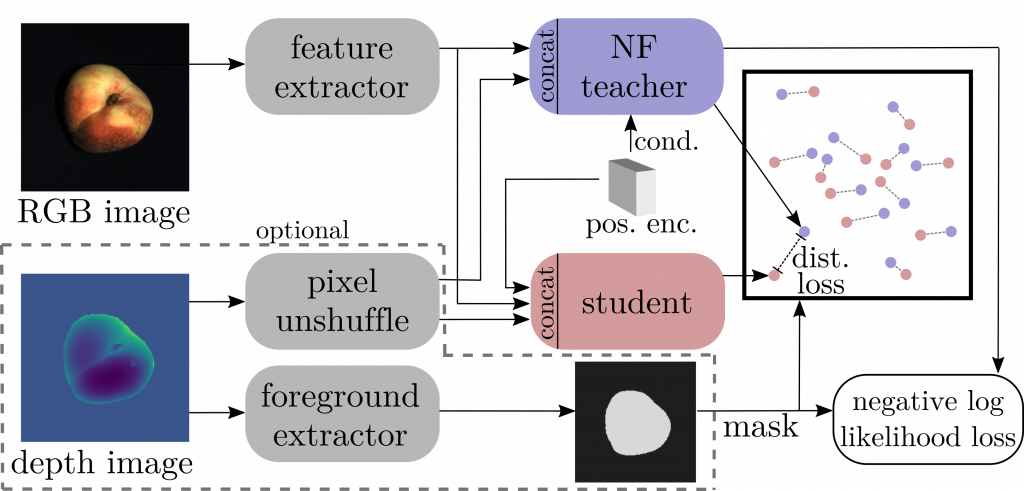
Asymmetric Student-Teacher Networks for Industrial Anomaly Detection
Marco Rudolph, Tom Wehrbein, Bodo Rosenhahn, Bastian Wandt
WACV 2023
[pdf]
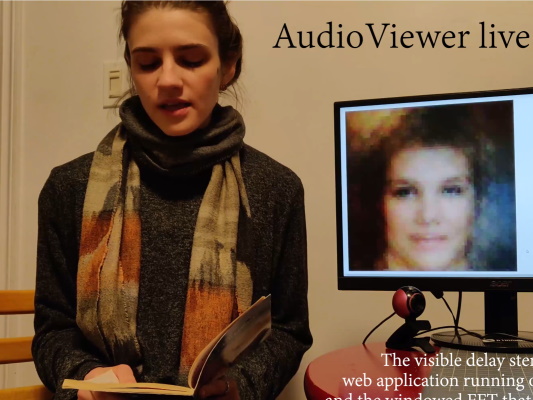
AudioViewer: Learning to Visualize Sound
Chunjin Song, Yuchi Zhang, Willis Peng, Parmis Mohaghegh, Bastian Wandt, Helge Rhodin,
WACV 2023
[pdf]
2022
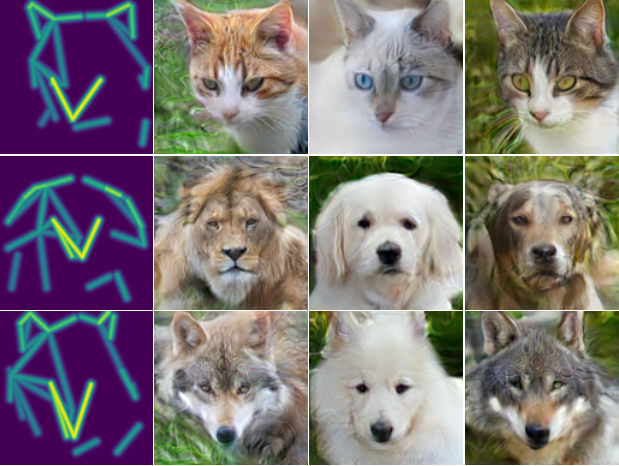
AutoLink: Self-supervised Learning of Human Skeletons and Object Outlines by Linking Keypoints *Spotlight*,
Xingzhe He, Bastian Wandt, Helge Rhodin
NeurIPS 2022
[pdf] [project page]
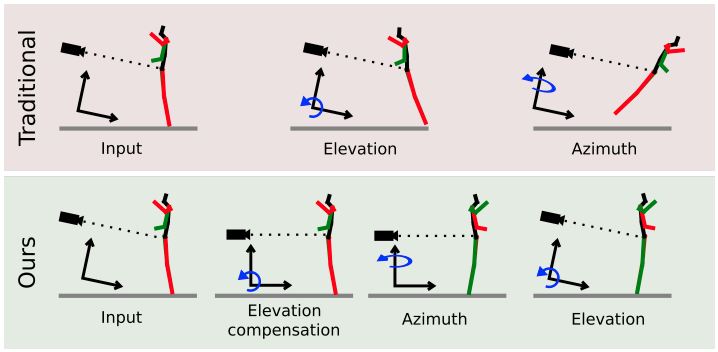
ElePose: Unsupervised 3D Human Pose Estimation by Predicting Camera Elevation and Learning Normalizing Flows on 2D Poses,
Bastian Wandt, Jim Little, Helge Rhodin
CVPR 2022
[pdf]
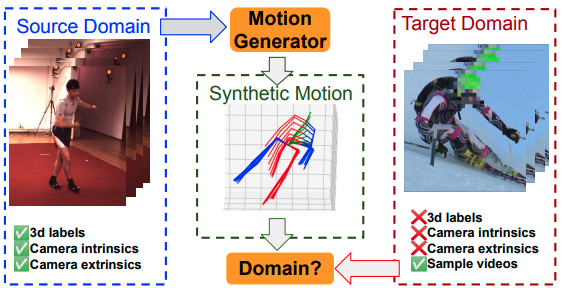
AdaptPose: Cross-Dataset Adaptation for 3D Human Pose Estimation by Learnable Motion Generation,
Mohsen Gholami, Bastian Wandt, Helge Rhodin, Rabab Ward, Z. Jane Wang
CVPR 2022
[pdf]
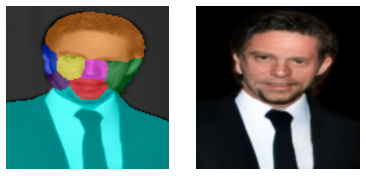
GANSeg: Learning to Segment by Unsupervised Hierarchical Image Generation,
Xingzhe He, Bastian Wandt, Helge Rhodin
CVPR 2022
[pdf]
2021
2020

Weakly-supervised Learning of Human Dynamics
Petrissa Zell, Bodo Rosenhahn, Bastian Wandt
ECCV 2020
[pdf]
2019

Structuring Autoencoders
Marco Rudolph, Bastian Wandt, Bodo Rosenhahn
ICCV 2019 Workshops
[pdf]
2018
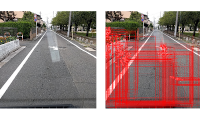
Region-based Cycle-Consistent Data Augmentation for Object Detection
Florian Kluger, Christoph Reinders, Kevin Raetz, Philipp Schelske, Bastian Wandt, Hanno Ackermann, Bodo Rosenhahn
BigData 2018 Road Damage Detection Challenge (Special Award)
[pdf]
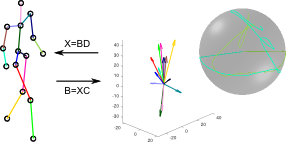
A Kinematic Chain Space for Monocular Motion Capture
Bastian Wandt, Hanno Ackermann, Bodo Rosenhahn
ECCV 2018 Workshops
[pdf]

Extending HEVC with a Texture Synthesis Framework using Detail-aware Image Decomposition
Bastian Wandt, Thorsten Laude, Bodo Rosenhahn, Jörn Ostermann
PCS 2018
[pdf]
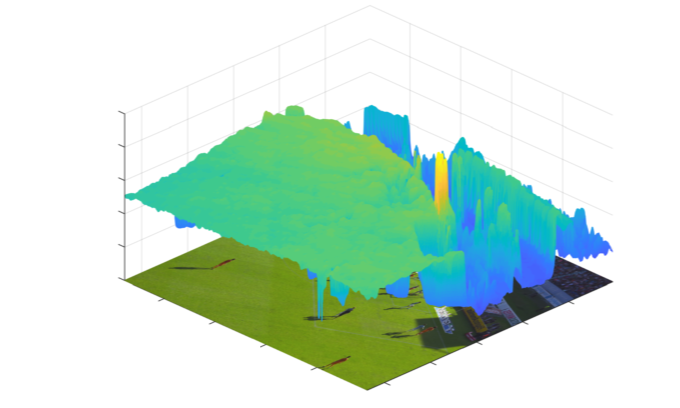
Detail-aware Image Decomposition for an HEVC-based Texture Synthesis Framework
Bastian Wandt, Thorsten Laude, Bodo Rosenhahn, Jörn Ostermann
DCC 2018
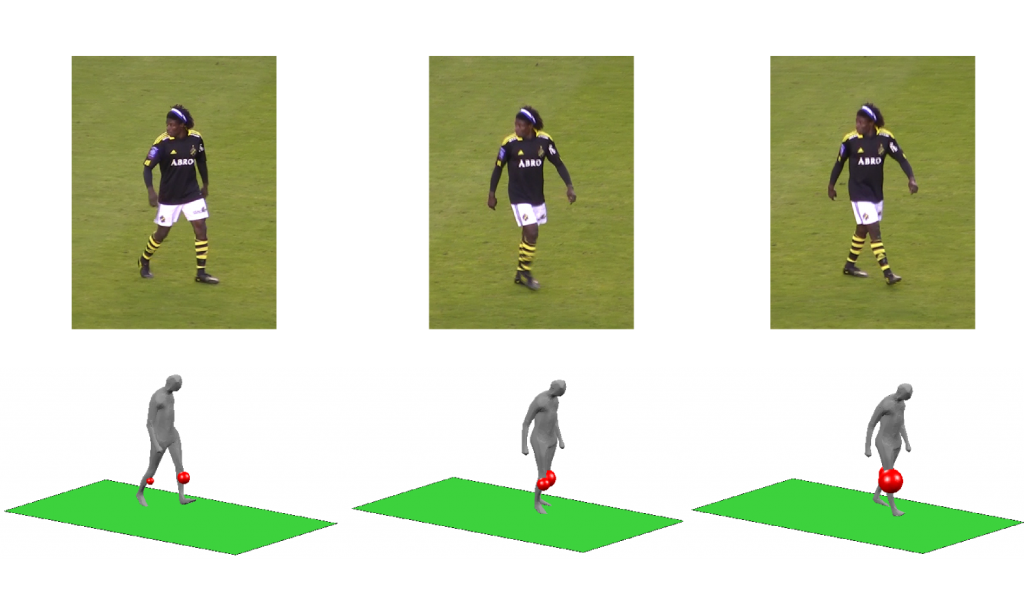
Physics-based Models for Human Gait Analysis
Petrissa Zell, Bastian Wandt, Bodo Rosenhahn
Handbook of Human Motion, Springer International Publishing, 2018
[pdf]
2017
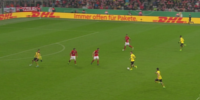
Extending HEVC Using Texture Synthesis
Bastian Wandt, Thorsten Laude, Yiqun Liu, Bodo Rosenhahn, Jörn Ostermann
VCIP 2017
[pdf]
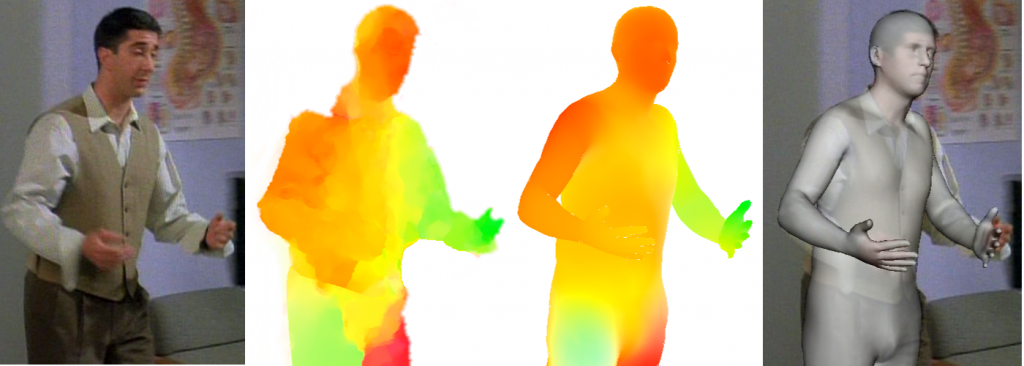
Optical Flow-based 3D Human Motion Estimation from Monocular Video
Thiemo Alldieck, Marc Kassubeck, Bastian Wandt, Bodo Rosenhahn, Marcus Magnor
GCPR 2017
[pdf]

Joint 3D Human Motion Capture and Physical Analysis from Monocular Videos
Petrissa Zell, Bastian Wandt, Bodo Rosenhahn
CVPR 2017 Workshops
[pdf]
2016
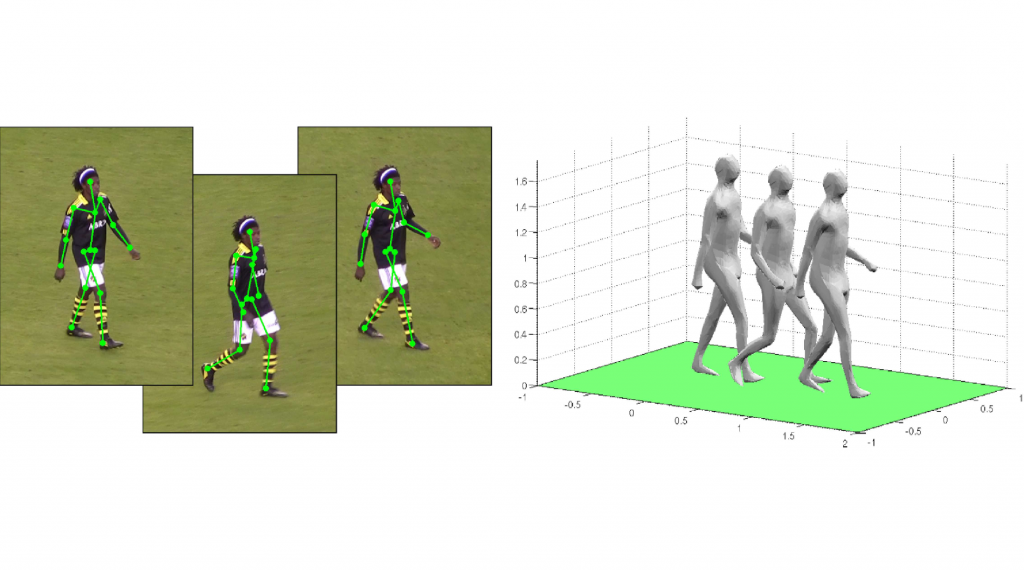
3D Reconstruction of Human Motion from Monocular Image Sequences
Bastian Wandt, Hanno Ackermann, Bodo Rosenhahn
TPAMI 2016
[pdf]
Teaching
2023-2025
TSBB19 – Machine Learning for Computer Vision (at Linköping University)
TSBB34 – Computer Vision for Video Analysis (at Linköping University)
2021
DATA 311 – Machine Learning (at University of British Columbia, Okanagan Campus)
2017-2020
Machine Learning (at TNT, Hannover)
Bodo Rosenhahn and Bastian Wandt
2015-2017
Tracking and Matching in Image Sequences (at TNT, Hannover)
Bodo Rosenhahn and Bastian Wandt



